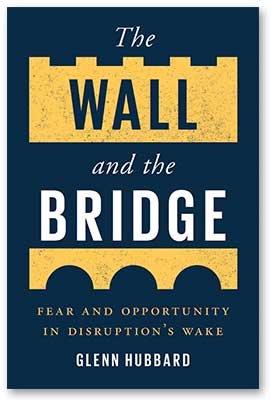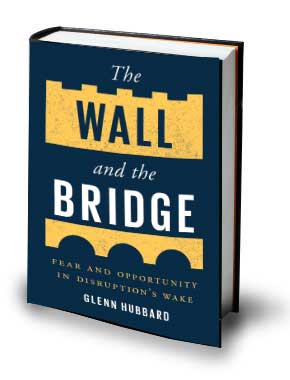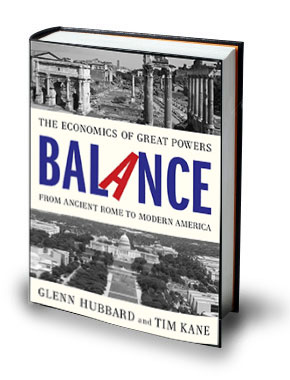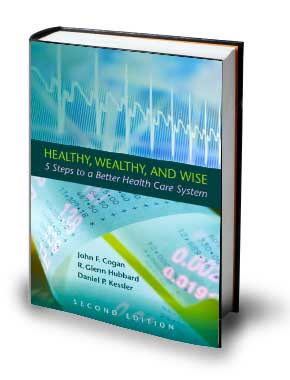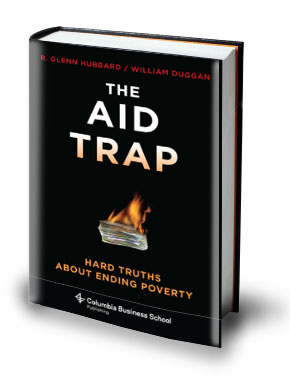 Earlier today, I spoke with Glenn Hubbard, dean of
Columbia University’s Graduate School of Business and former chief
economist to George W. Bush. He’s not happy to see Congress dithering
over the debt ceiling, and he had a nice analogy for why. “It’s not
useful for me and my wife to argue over whether we’re going to pay our
bills,” he told me. “What’s useful for us is to discuss whether we
should work more or spend less. But not whether we’ll pay.” And that’s
what the debt ceiling is about: not how we’ll pay our bills but whether
we’ll pay the bills we’ve already racked up.
Earlier today, I spoke with Glenn Hubbard, dean of
Columbia University’s Graduate School of Business and former chief
economist to George W. Bush. He’s not happy to see Congress dithering
over the debt ceiling, and he had a nice analogy for why. “It’s not
useful for me and my wife to argue over whether we’re going to pay our
bills,” he told me. “What’s useful for us is to discuss whether we
should work more or spend less. But not whether we’ll pay.” And that’s
what the debt ceiling is about: not how we’ll pay our bills but whether
we’ll pay the bills we’ve already racked up.
He also echoed the worries Peter Orszag, Obama’s former budget director, voiced in my column this morning. “The last minute on the legislative calendar and the last minute for the market may well be different,” Hubbard said. Most everyone agrees that the debt ceiling will eventually get raised. But it’d be a lot worse to raise it after we’ve provoked a crisis of confidence in the U.S. government than to raise it before the market has gotten really concerned. Once we show the market that we can fail, it will build that into its expectations for the future. Hubbard, like most responsible economists, thinks it’d be best to avoid that outcome.
Read Ezra Klein's blog on the Washington Post Business Website.
Related: In December, I interviewed Hubbard on whether we should extend the Bush tax cuts — tax cuts he helped to design and pass. It’s arguably more relevant today than it was then.
By Ezra Klein, Columnist, Washington Post

